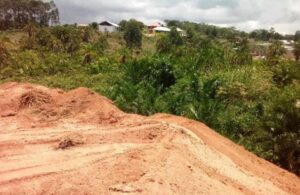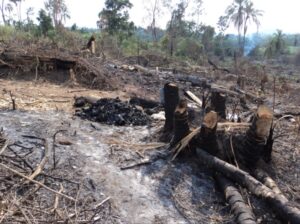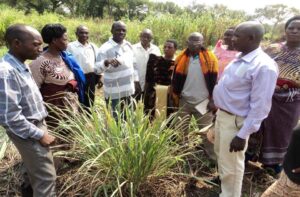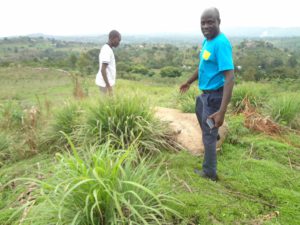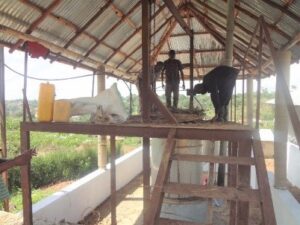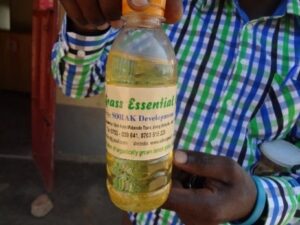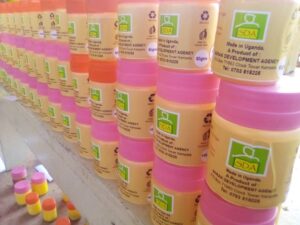Environmental Protection through Expanding Lemon grass growing and Education in Uganda
BACKGROUNDFrom 2011, Uganda in general and Mubende district in particular have had persistent drought. This is due to man’s activities in search of arable land which has led to severe deforestation, with associated burning as well as the most recent worst trend of wetland encroachment through unrestricted wetland reclamation. This is further attributed to high levels of unemployment especially among youth and women who form the majority of Ugandan population. They lack alternative means of survival/livelihood as they are tied to tilling of land moreover with rudimentary technology that does not spare land to the detriment of environmental protection. This happens amidst limited information and knowledge of the likely effects of unrestricted deforestation and as well as wetland reclamation on climate change. The urgent and direct problems that must be addressed therefore include; worsening environmental deterioration including deforestation and wetland reclamation are a result of man’s quest for arable land. This will address the indirect problem of high levels of unemployment. |
~Environmental Education and Conservation Projects~Global Bridge Network (GBN) supported the following activities in cooperation with SORAK to practice environmental protection. (1) Capacity building for enhanced environmental protection for women&youth(through training on lemon grass growing/cultivation), and for school children(through conservation awareness campaigns and environmental education at schools) (2) Lobbying the local government (representatives of sub-counties) for policy and decision making on environmental conservation through dialogue meetings, and on-site monitoring (in areas where environmental destruction is progressing). (3) Expansion of lemongrass cultivation with neighboring farmers, as well as the production and sale of lemongrass essential oil. Expanding lemongrass on drought-strained land prevents soil erosion and leads to environmental conservation. Through this project, environmental education for school children, training on lemongrass cultivation for local women and youth, and outreach to local government and environmental policy has promoted environmental conservation by expanding lemongrass cultivation in the target areas. In addition, the production and sale of lemongrass essential oil and tea from tons of lemongrass gathered by the surrounding farmers will help income generation among them. |
